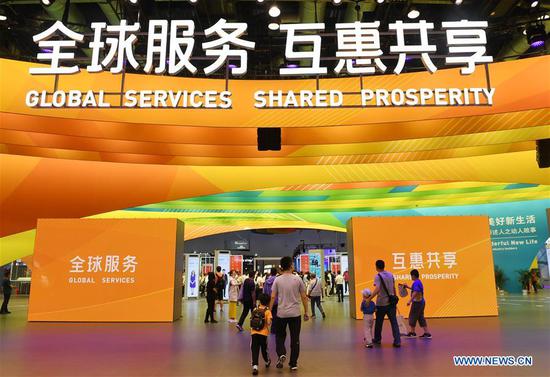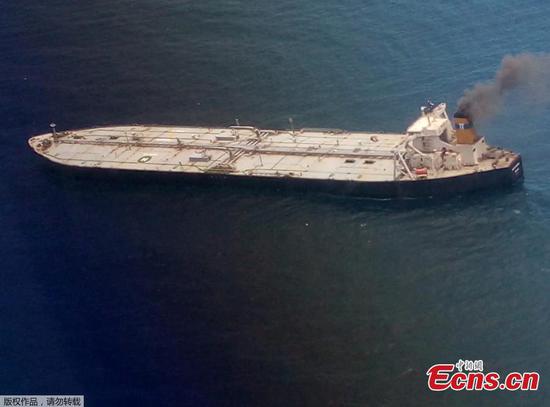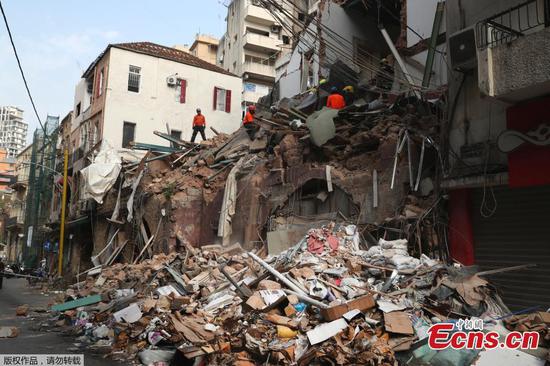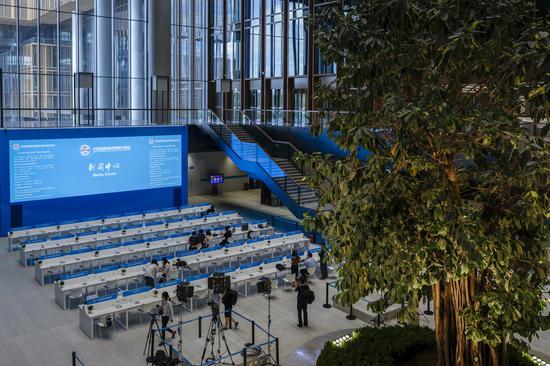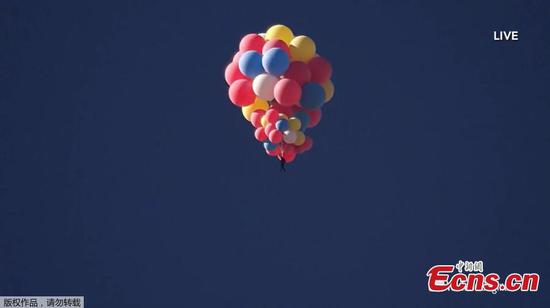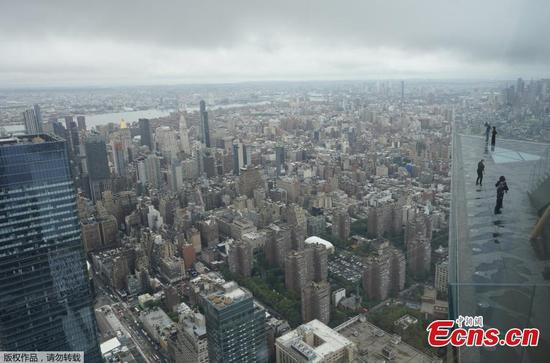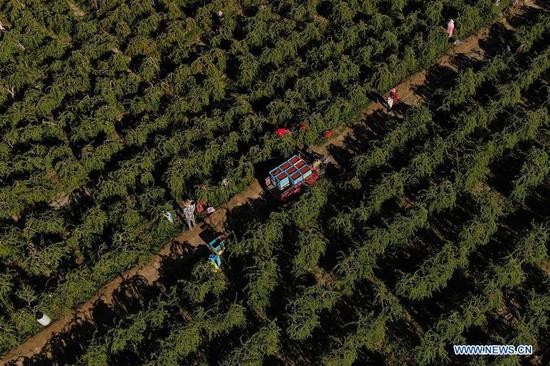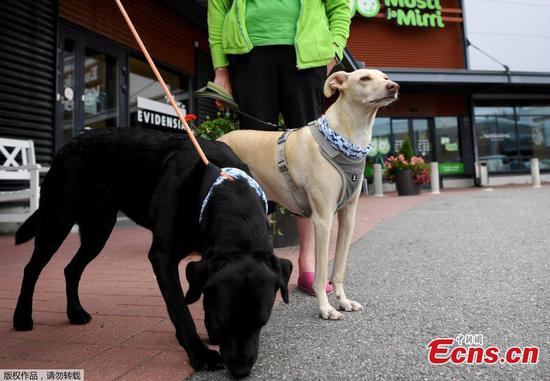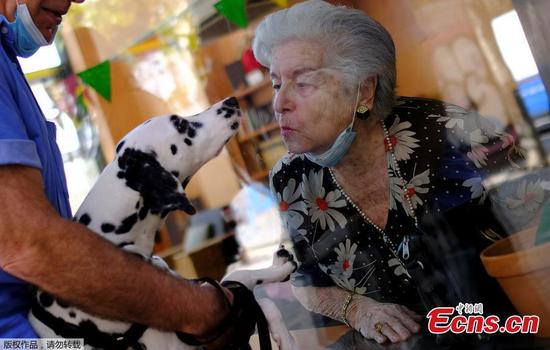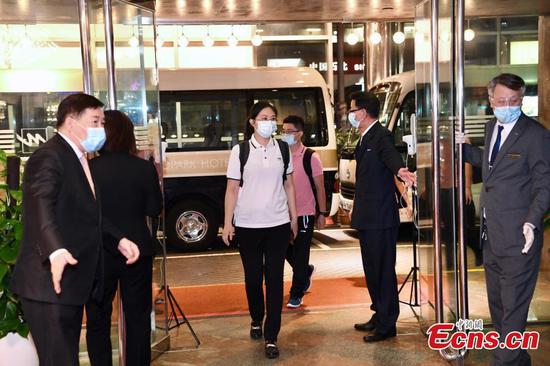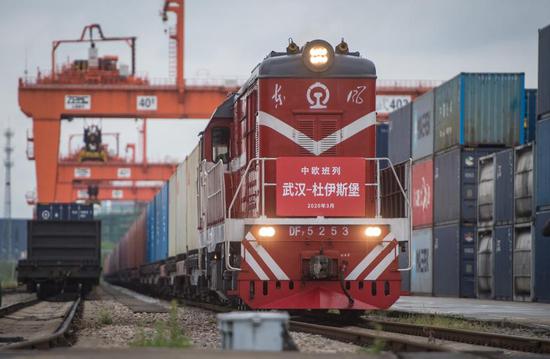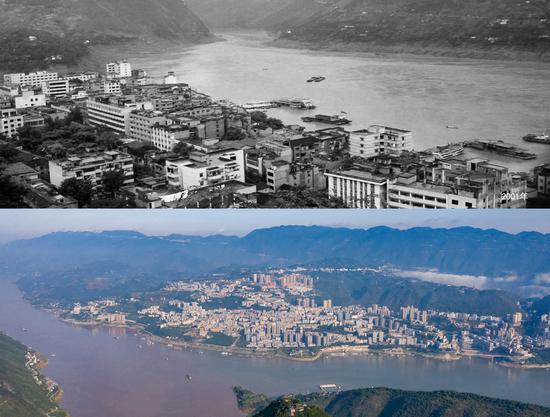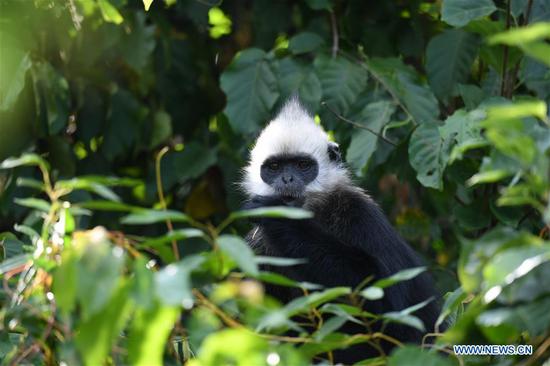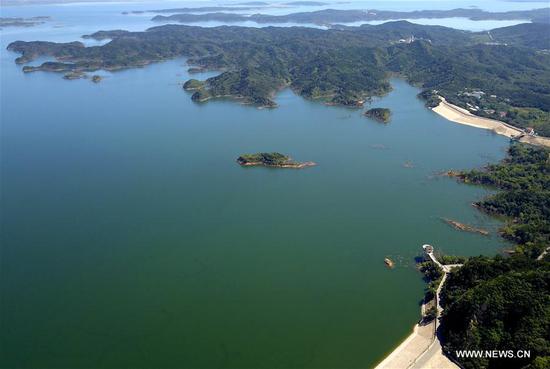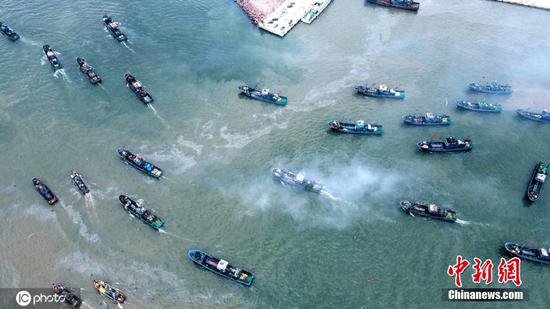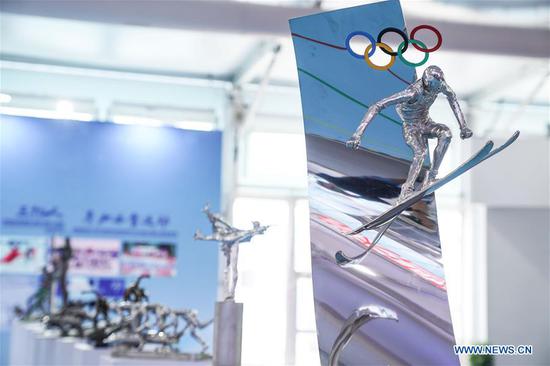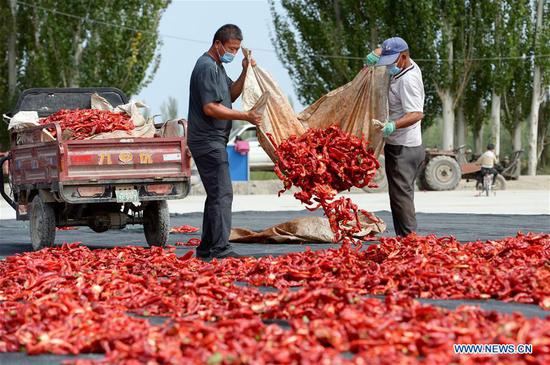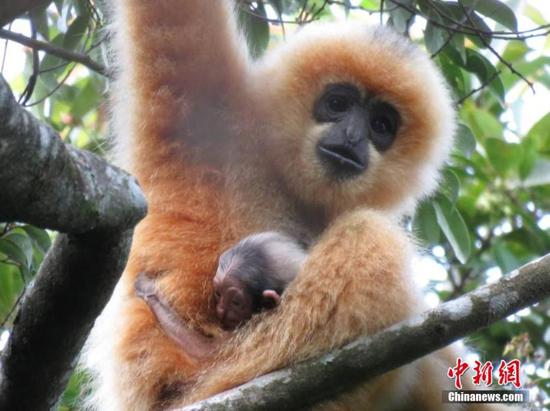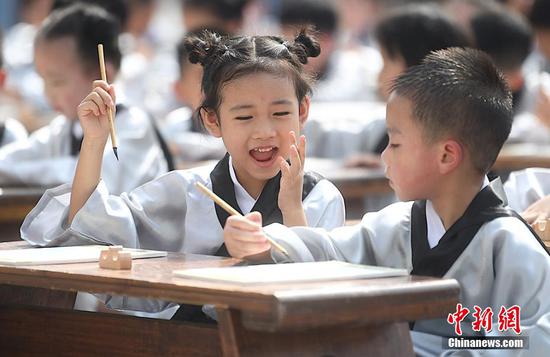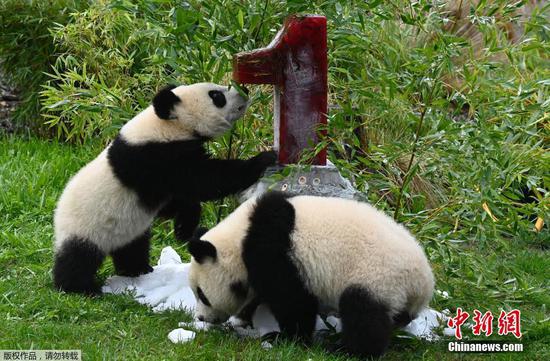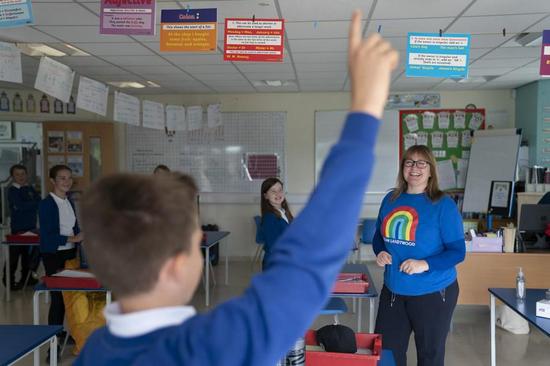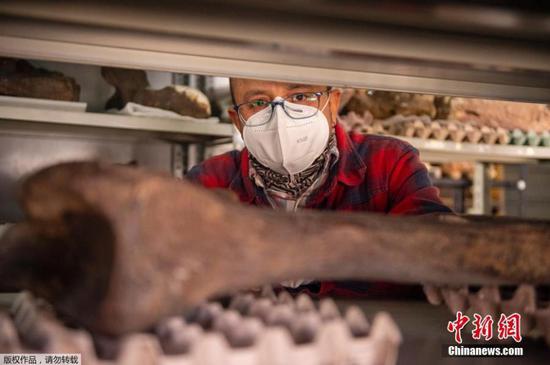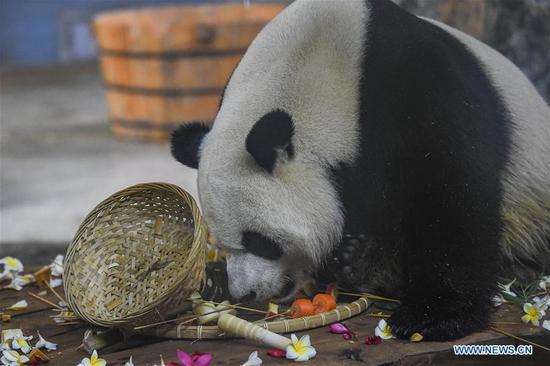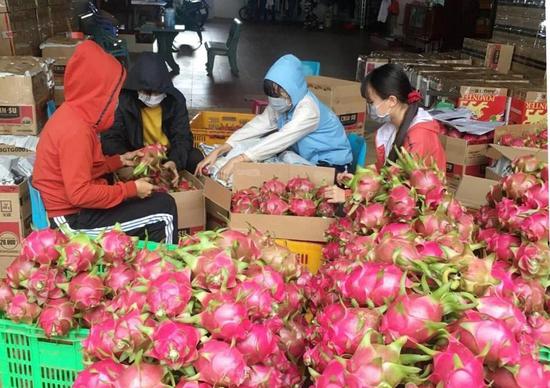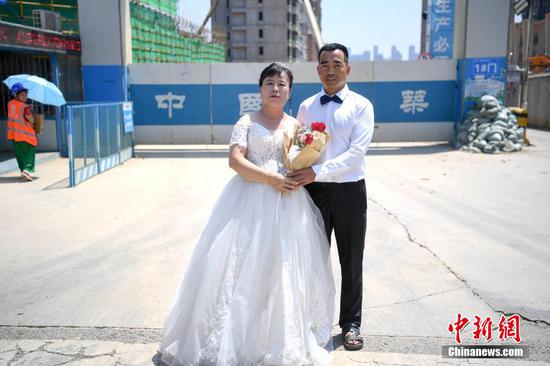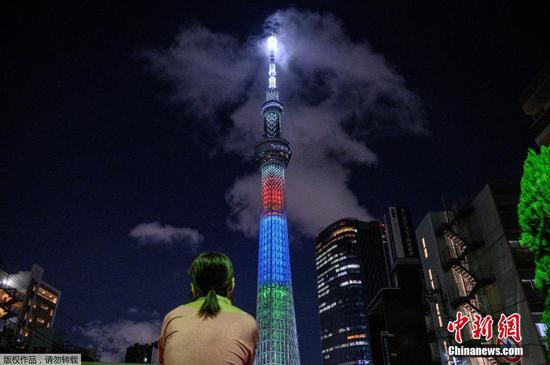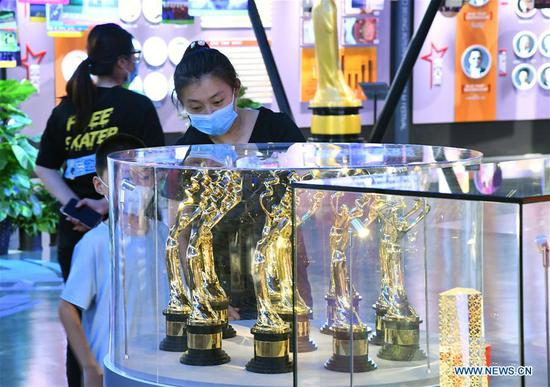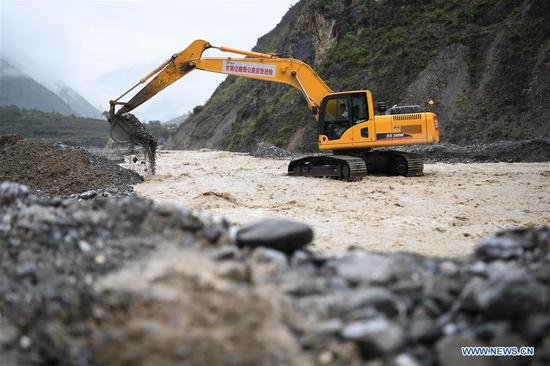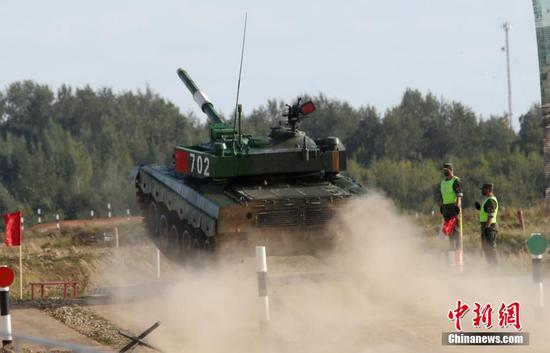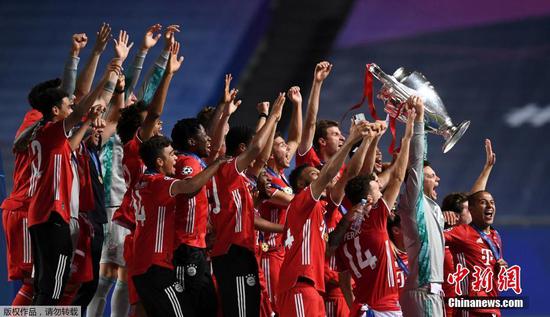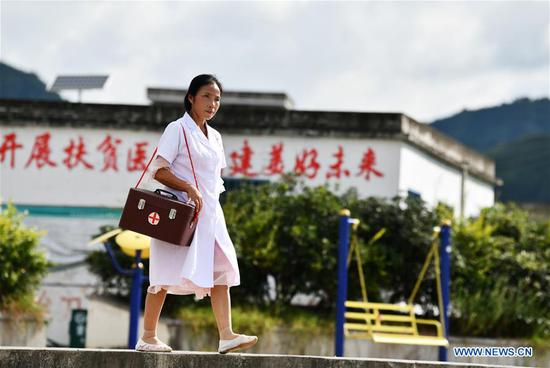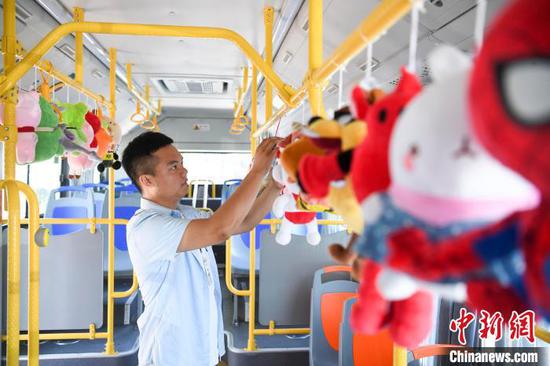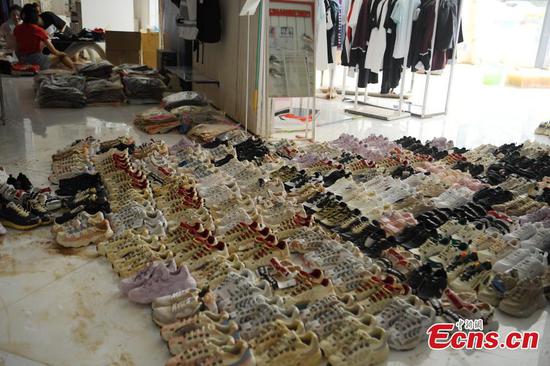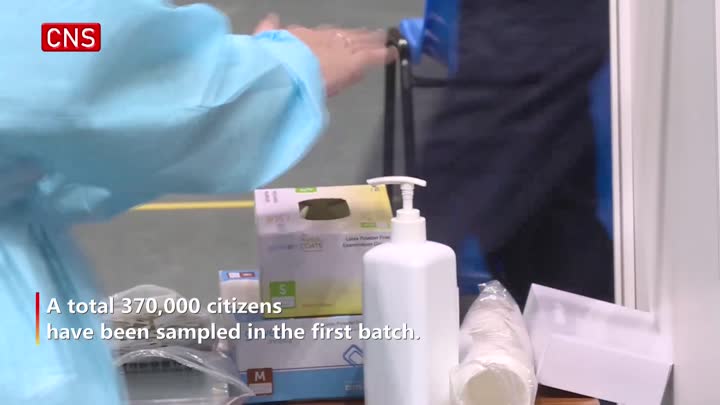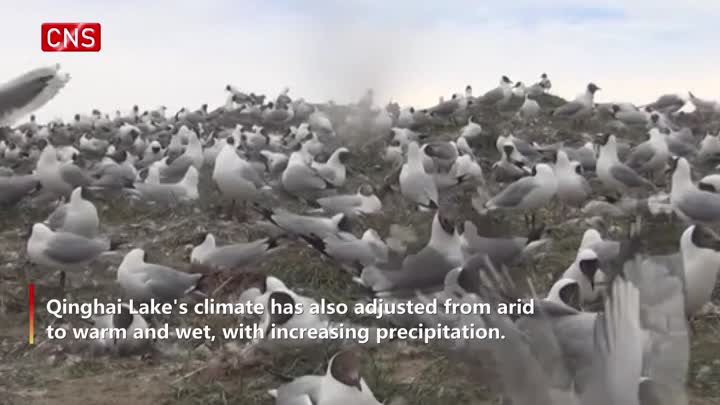The United States requested dozens of countries, including its allies and those having bilateral extradition treaties with it, to detain Meng Wanzhou, chief financial officer of China's telecommunications giant Huawei, but only Canada agreed to do that, an official from the Foreign Ministry said.
In a recent interview with the Canadian newspaper The Globe and Mail, Lu Kang, director-general of the ministry's Department of North American and Oceanian Affairs, reiterated that Ottawa's arrest of Meng is a "political incident", and he said the Canadian government made a mistake on this issue.
Lu said that many countries received requests from the US to detain Meng, but "none of them followed this ridiculous idea until Madame Meng entered Canada".
"So why did the Canadian government become the only one?" Lu asked.
He described Meng's case as the US government trying to use its state power to suppress competitive and successful companies.
"Unfortunately, the Canadian government is the only one that helped the US government in this kind of dirty game," Lu said.
"So definitely this is something that became a very serious obstacle between our two countries. And definitely the Chinese government and the Chinese people are entitled to preserve our legitimate rights in whatever forms."
Ties between China and Canada have become strained since Canadian police detained Meng in December 2018 on a US extradition warrant. China has repeatedly accused Canada of acting as an accomplice of the US in the incident.
Lu said Ottawa's wrong decision to detain Meng could bring about more opportunity costs for the Canadian government and for bilateral relations. "Because without that, there are a lot of areas, there are a lot of opportunities and potential that we could explore more. But with this, we don't have the right circumstances to explore further."
"We hope the Canadian government would really seriously take care of this issue in order to pave the way for smooth cooperation between our two countries," he said.
Lu also rejected allegations of so-called "hostage diplomacy" when talking about two Canadian citizens-Michael Kovrig and Michael Spavor-who were arrested in China for committing crimes endangering China's national security.
"We made it public which specific articles of Chinese law they have violated, and everything is open, everything is transparent," Lu said.
"But when we come to the issue of Meng Wanzhou, even the Canadian side could not explain what kind of legal framework she has violated."
"From the very beginning, we have told the Canadian public very clearly that those are two issues totally different by nature," he said.
Chinese Ambassador to Canada Cong Peiwu also urged the Canadian government to make the right decision to release Meng at an early date to allow her to return to China safe and sound.
This will help bilateral ties return to the right track and will also help unleash the potential for the countries' cooperation, Cong said while talking to local media.









